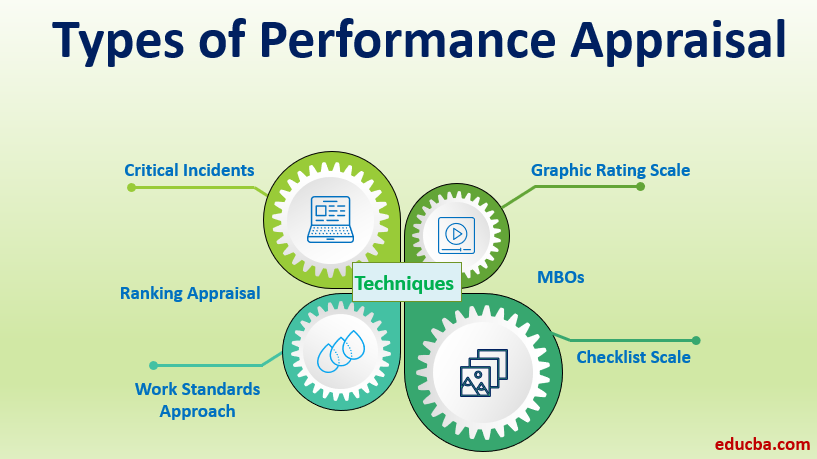Various Kinds of Business Appraisal Methods to Know
4 min read
What is Business Appraisal?
Business appraisal refers to the method of analyzing and evaluating the value of assets, rights, organization, business etc. Business appraisal is also done to find out the value of some business activities like the profitability of a project, like the value of a business before acquiring it and such activities. Business appraisal is done for many purposes and is done under various criteria to analyses the viability of business from all perspective.
For what reason Would You Need a Business Valuation?
Because of the intricacy of the business valuation measure, these estimations are presumably not something you’ll do each day—anyway, when might you require a business valuation?
Generally speaking, there are a small bunch of basic reasons why entrepreneurs need to assess the value of their organization:
When hoping to sell your business
When hoping to combine or obtain another organization
When searching for business financing or financial backers
When setting up accomplice proprietorship rates
While adding investors
For separate from procedures
For certain expense purposes
Eventually, extraordinary independent venture valuation techniques will be best in various situations. By and large, the best methodology will rely upon why the valuation is required, the size of your business, your industry, and different elements.
For instance, in a deal situation, most the private independent companies are sold as resource deals, though most the centre market exchanges include the offer of value—every one of these deals would require an alternate business valuation strategy.
Different types of Business Appraisals
The following are a portion of the examination strategies ordinarily utilized by organizations:
1. Business resources
Business resources are ordinarily evaluated, particularly in cases when the business should stop tasks. In doing as such, the appraiser is hoping to decide the resources’ book esteem This is determined by deducting the business’ liabilities from its resources.
2. Capitalization of profit
A more famous strategy for evaluating a business is by deciding its income. In the capitalization of profit, reported income in the past is investigated and given weight. The appraiser gives the most weight to the latest income and continuously less and less weight to more seasoned profit records.
3. Future profit
As opposed to the past kind of examination that utilizes authentic profit, limited future income takes a gander at the expected future profitability of a business. After the projected profit is resolved, a rebate rate is utilized. Both the future income technique and the capitalization of profit give the best weight to introduce income and less to future income.
4. Capitalization factor
The capitalization factor strategy kind of examination is dictated by isolating the necessary pace of return by 100, which is normally 10, bringing about 10 as the capitalization factor.
Significance of Business Appraisal
A business valuation or examination is essential to each association. Indeed, it is key for some reasons, for example,
1. Purchasing and selling a business
Before an organization is sold or purchased or organizations consolidate, an examination should be finished to think of the most exact worth of the organization or organizations to be gained.
For instance, if Business A will be purchased by Business B, an evaluation will decide the most precise cost for Business A. This guarantees that Business B will not have to pay a sum that is excessively high, nor will Business A get anything short of its genuine worth or cost.
2. Settling legitimate questions
Legitimate questions among organizations are normal, regularly brought about by conflicts or a penetrate of agreement. At the point when such things occur, individuals included look for legitimate activity, as it is the best method to settle questions. The court that handles the case will require a business evaluation. This is done so that if there is a need to redistribute reserves, sell the business, or exchange resources, the subtleties are generally prepared.
3. Deciding the worth of protected innovation
While a few group believe the solitary viewpoint to be assessed in a business is its substantial resources, immaterial resources can likewise be evaluated, like licensed innovation. Deciding the worth of the protected innovation of a business is important on the grounds that it is considered to add to the general worth of the business.
4. Deciding duty risk
Each business is liable to burden obligations. Expenses are determined by the financial worth of the business; the greater the assessed worth of the business, the bigger the duty due.
5. Raising assets
At the point when a business needs to pull in and persuade financial backers to place their cash into the organization, the simplest method to do that is to introduce examination esteem. In the event that the worth of the organization is high, that can drive financial backers to put more in the business.






